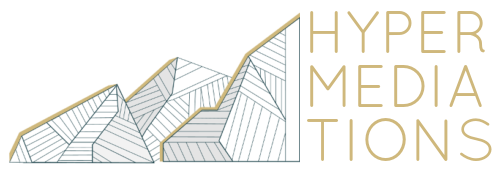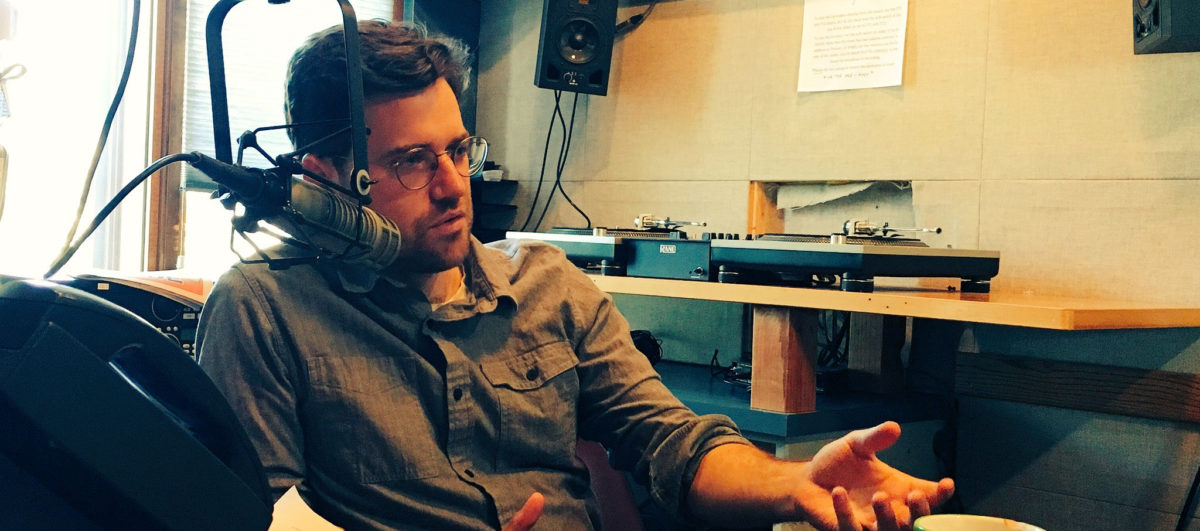Your work deals with a variety of subject matters ranging from God and the Catholic religion to the Occupy Wall Street movement and cooperative businesses. Is there a general theme or concern that ties your work together?
The best way I have found to answer this question is to say that I am interested in how people try to bring their highest ideals into the real world. My first book dealt with proofs and debates about God. Those are attempts to capture in logic a deeply felt reality. My second book, Occupy Wall Street was a very utopian effort that attempted to figure out what a generation of people who had just elected Obama really stands for. Finally, the work that I am engaged in now takes a look at a long tradition of people trying to figure out ways for making the economy safe for human beings—in ways that are both practical and utopian.
I was struck by the subtitle of your latest book, Everything for Everyone: The Radical Tradition That Is Shaping the Next Economy. What are these traditions you refer to that might be used to build the future economy?
In particular, I am referring to the cooperative tradition, in which people own and govern the businesses that claim to serve them. My goal is to put this history of cooperative business in conversation with the question of what our economic future looks like. This is a reoccurring strategy in my work. Rather than focusing solely on what the present has to offer, especially in the realms of technology and media, I try not to forget that there are a lot of interesting lessons we can learn from the past. Over and over, I’ve found myself gaining confidence and ideas from history that I have been able to apply to the contemporary moment. I do a lot of consulting and mentoring with co-op startups who are trying to figure things out and are trying to avoid failure. My best resource in addressing their issues is my knowledge of previous efforts, pre-digital efforts. There is so much good experience for us to draw on, and I have become very excited about making that connection.
You often present the items you are interested in to Catholic audiences, a community that has a rich theology surrounding property rights and community. To what extent is your academic work inspired by the Catholic tradition?
It is difficult to identify where I end and where my tradition begins. What I keep finding, however, is that I inadvertently begin to see connections between my work and religion, including my own, whenever I am immersed in a project. My co-op work began, for instance, when I was interviewing young co-op activists at the Occupy protests. They sometimes brought up the fact that they had been receiving money from Catholic organizations. They had no idea why but were happy to receive it. I later realized that there is a very long tradition, both spiritual and practical, that these funders were building on. Ever since I began the study of religion in college I have found religion to be a powerful lens through which to see the world, and I have never been disappointed.
That is such an interesting story. Can you say more about how you incorporate religion into your work?
I recently did a book chapter on the university and the future of work. My immediate impulse was to reach back into history, where I looked at the earliest Chinese and Islamic and Christian universities. I found that each of them had developed unique strategies for developing space for what I refer to as “productive leisure.” These are basically activities that the market does not know how to value. In the Islamic tradition for instance, you have the waqf—a system for creating endowments that people used to set aside time and space for study. I don’t think that this is something unique to any of these traditions, but they do each have their own strategies. This is why comparative religion has become a kind of library of resources to draw from in order to follow diverse habits and possibilities that present the current world with opportunities.
Capitalism is often entangled with certain American religious traditions in ways that might not be compatible with the socialist underpinnings of a co-op. How do you navigate this kind of sensitive convictional terrain when you publicly present your work?
One thing that I have found to be rather striking is how cross-partisan these things can be. Even people who feel that they are attached to capitalism often turn out to have attachments only to portions of what falls under the label of capitalism. If by capitalism you mean markets, entrepreneurship, the freedom to create new enterprises, and the freedom to decide your own livelihood, then you can sign me up as well. If however, you are referring to investor control over everything and the final end and purpose of a corporation being to further enrich its shareholders, then you will find that a lot of people will disagree with that, even if they express a fondness for capitalism. I find that turning to the language of religious sensibilities can be a way for cutting through that and breaking down some of the historical, ideological boxes that we have found ourselves in. This is a place where religious institutions and cultures can be an antidote to the political common sense of the world around us. The religious angle provides us with opportunities to unbox the closed areas within our discourse.
Do you draw on different historical conversations when you speak to Catholic audiences and when you speak to secular academic ones?
I do feel like I have many different publics, and I try to engage each of them with the topics that are useful to them. I often see myself as a connector. Sometimes this can be recursive, like reminding Catholics of what they could be and have been really good at—like co-ops. I also find myself pointing out what people in secular contexts are doing well to Catholic audiences. Likewise, in academic contexts, I am interested in communicating what I am seeing in other worlds to my academic colleagues. This bridgework is where I find myself most useful.
Do you find it difficult to be a bridge between these various worlds, catering specific content to different publics as it were, in a mediascape that might not separate your work—where all of your interviews might appear side by side on YouTube, for instance?
No I don’t, I think that one must be sure to be a coherent human being of course. One of my favorite theologians said that he may not always be consistent but he tried to be coherent, and I find that that works. It’s also just fun to walk into a blockchain hackathon and talk about nineteenth-century workers’ organizations, or to see hackers flip through a Catholic magazine. I also like the porousness of the media and feel no urge to prevent people from seeing what I am doing in one space or another.
I’m going ask some lightning-round questions now. In a perfect world should people be able to aspire to become super rich?
I don’t know.
Is it possible that a future without work, or at least without as much monotonous toil might actually be worse?
Probably not.
Are coops better for innovation?
That depends on what you mean by innovation.
How about corporate or product scalability?
The models scale differently. Co-ops are much better for scale that allows for diversity and heterogeneity rather than the kind of scale that is meant to monopolize everything and to make it all look the same no matter where you go.
Is inequality an inevitable part of the human condition?
I think we will always find ways to discover inequality among ourselves, but also there will always be ways to lessen the inequalities that matter most.
Interview by Hossein Hashemi-Niasari

